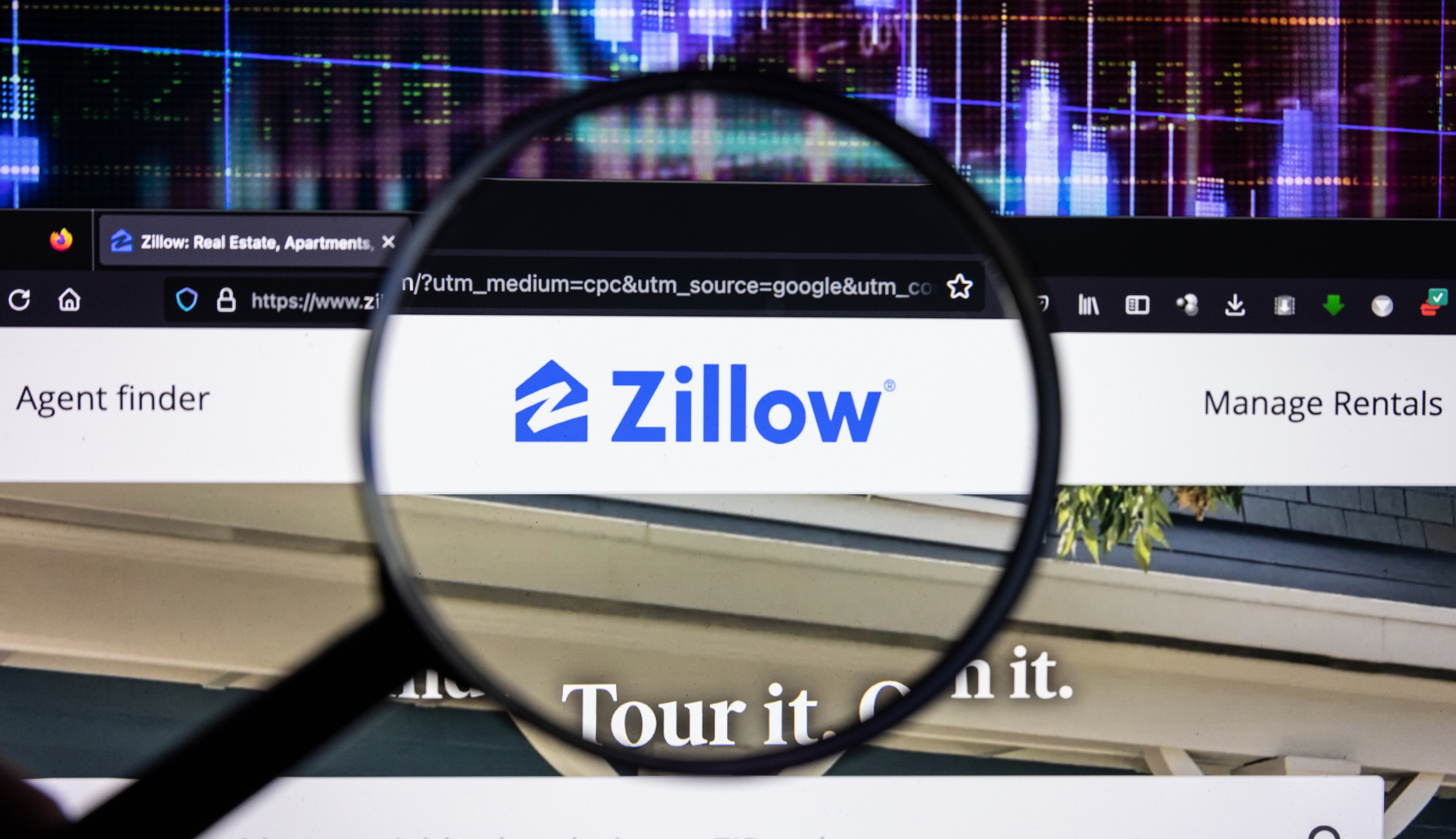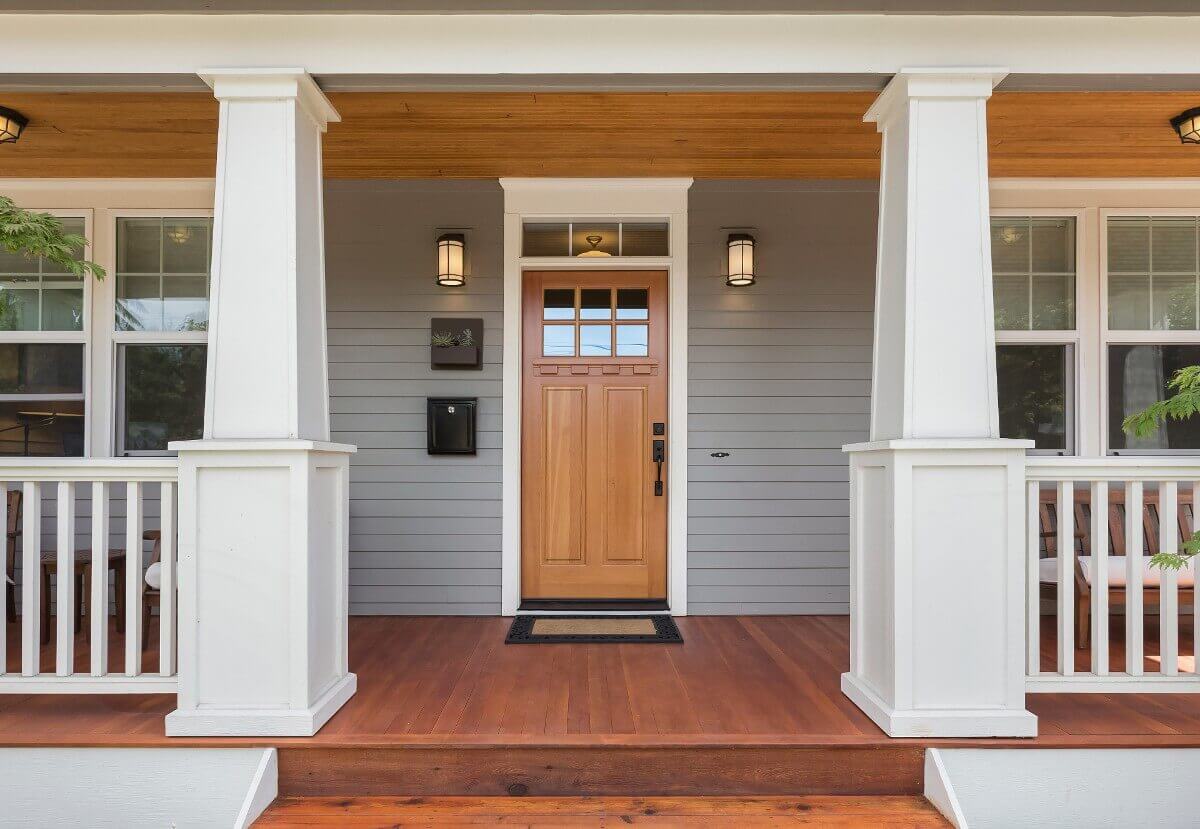When you go to search for a home, most listings are available on a standard MLS (multiple listing service). However, some listings - known as pocket listings, or off-market listings - are not.
In this scenario, a potential home seller whose home has not gone on the market yet is approached by a buyer or a buyer’s representative and asked to sell the home without going through the process of listing it on the MLS/putting the home on the open market.
Are pocket listings illegal or unethical?
Pocket listings aren’t illegal by law, but were banned by the National Association of Realtors (NAR) in 2019. This means that licensed Realtors can no longer hold onto properties for longer than a day before adding them to the MLS. However, non-Realtor agents (all Realtors are agents, but not all agents are Realtors) can still do this.
Pocket listings are sometimes considered unethical for the same reasons dual agency is often considered unethical: if one agent is representing both sides of the transaction in order to receive a dual commission, it’s difficult (if not impossible) for them to fairly represent the best interests of both parties. There are also fair housing laws that govern how homes can be sold; by the very nature of keeping a home off the open market, pocket listings can get into murky legal territory when agents intentionally or unintentionally prevent certain groups of people (whether that's race, economic class, religious groups, etc) from knowing the home is for sale.
What’s the problem with pocket listings?
When a home goes to market, especially in a seller’s market where multiple buyers are competing for every property, sellers stand to make the most money when demand sets the price. When you set a single price for a pocket listing, even though you can set the price you want, you ultimately don’t know whether you received the best offer possible.
"Most of the time, the best deals for sellers come by way of marketing the home on the open market, with competition among multiple buyers driving up the sale price and eliminating contingencies that could erode net profits later," notes Philadelphia-based listing agent Chris Johnson. "We’re in a historic seller's market and by doing a pocket deal now, sellers would be giving up the opportunity to get the highest price and best terms possible by working only with a single buyer."
Normally when you list a home in a competitive market, receiving multiple offers allows you to choose your buyer based on additional factors like whether they can pay in cash, or if they’ll allow seller rent backs. When buyers know they're competing against other buyers, they're more responsive to scarcity and will be aggressive with their offer. That’s when sellers receive the highest price and the best terms. While the seller can request these terms with a pocket listing, buyers don’t have the same incentive to agree to them.
“If a seller is presented with a pocket deal before their home hits the market, it’s important for them to understand the motivation behind it,” explains Johnson. “The buyer wants to secure the home at a price and terms that are acceptable to them, knowing they may have to pay more or waive contingencies on the open market.”
In other words, buyers like pocket listings because they’re cheaper: sellers should be wary of them for the same reason.
Why would someone do a pocket listing?
When allowed, pocket listings can be a good idea if you’re a buyer - since you’ll receive terms more favorable to you. If you’re a seller, pocket listings might be the best option for you if you need to truly prioritize time and comfort over profiting the most from your home sale. In rare cases, pocket listings are sometimes preferred when privacy is key - a celebrity, for example, might not want hordes of people coming through their listed home.
“Pocket deals might make sense if the seller can’t get their head around clearing out their house and getting it ready, and either the emotional, time, or financial impact of getting the home ready - that’s usually the biggest barrier,” says Johnson.
In a competitive market, though, sellers might be overestimating the time and energy involved in getting a home ready for sale. The biggest determinants of a home’s selling price aren’t the cleanliness of the closets or how guest-ready the living room is: factors like location, size, and overall condition will still reign supreme.
How to find pocket listings
For buyers who are interested in finding pocket listings, it’s almost impossible to do so without a real estate agent. Alternatively, you could go door-to-door in the neighborhood you’re interested in living in, and see whether anyone was thinking of selling their home. Foreclosures and short sales are also considered off-market properties and can be purchased without an agent, though there is additional risk involved with going that route.
For further reading



